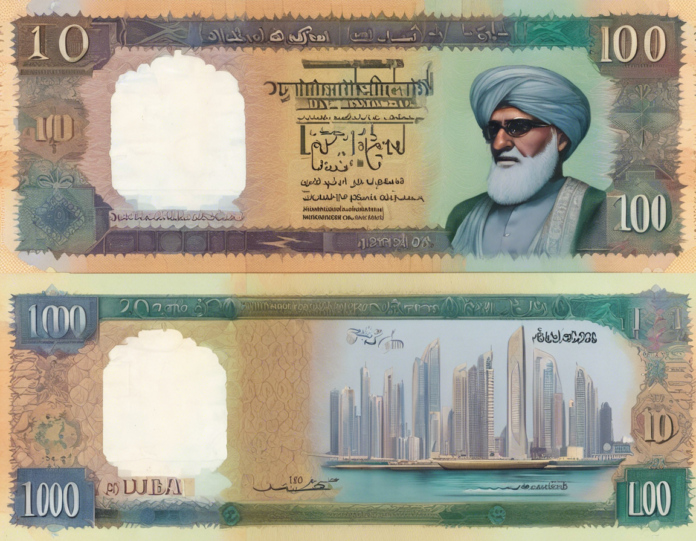The exchange rate between currencies plays a vital role in international trade, travel, and investment. For individuals and businesses dealing with different currencies, understanding exchange rates can be crucial. In this article, we will explore the concept of exchange rates, with a focus on the specific query related to converting 100 AED (United Arab Emirates Dirham) to INR (Indian Rupee) as of today.
What is an Exchange Rate?
An exchange rate is the value of one currency compared to another. It represents the rate at which one currency can be exchanged for another. Exchange rates are determined by factors such as supply and demand, economic stability, inflation, and geopolitical events.
Understanding the AED to INR Exchange Rate
The AED to INR exchange rate indicates how many Indian Rupees are needed to purchase 1 United Arab Emirates Dirham. For example, if the exchange rate is 20 AED to 1 INR, then you would need 20 Indian Rupees to buy 1 United Arab Emirates Dirham.
Factors Influencing Exchange Rates
Several factors can influence exchange rates, including:
- Interest Rates: Higher interest rates can attract foreign investment and strengthen a currency.
- Economic Indicators: GDP growth, employment rates, and trade balances can impact exchange rates.
- Political Stability: Countries with stable governments often have stronger currencies.
- Market Speculation: Investor sentiment and market speculation can cause currency values to fluctuate.
Calculating 100 AED to INR Today
To calculate how many Indian Rupees 100 AED would be worth today, you would need to know the current exchange rate. Let’s assume the exchange rate is 20 AED to 1 INR. In this case, 100 AED would be equal to 100 / 20 = 5 INR.
Importance of Monitoring Exchange Rates
For individuals or businesses involved in international transactions, monitoring exchange rates is crucial. Fluctuations in exchange rates can impact the cost of imports and exports, affect profits, and influence travel expenses.
Tips for Currency Exchange
Here are some tips for handling currency exchange effectively:
- Research: Stay informed about current exchange rates and trends.
- Timing: Monitor exchange rate fluctuations to make transactions at favorable rates.
- Diversification: Diversify your currency holdings to mitigate risks.
- Use Reputable Services: When exchanging currency, use reputable and authorized exchange services.
FAQs on Exchange Rates:
1. What is a fixed exchange rate?
A fixed exchange rate is when a currency’s value is pegged to another currency or a basket of currencies, and its value does not fluctuate in the foreign exchange market.
2. Can exchange rates affect the stock market?
Yes, exchange rates can impact the stock market, especially for multinational companies whose earnings are in foreign currencies.
3. How do exchange rates affect inflation?
Exchange rate fluctuations can influence a country’s inflation rate by affecting the price of imported goods and services.
4. What is a currency appreciation and depreciation?
Currency appreciation refers to an increase in the value of a currency, while depreciation refers to a decrease in value.
5. How do central banks intervene in exchange rates?
Central banks can intervene in exchange rates by buying or selling currencies to stabilize or influence their value in the market.
Understanding exchange rates and their impact on financial decisions is essential for individuals and businesses engaged in international activities. By staying informed and adopting effective strategies, you can navigate the complexities of currency exchange with confidence and make informed decisions.

